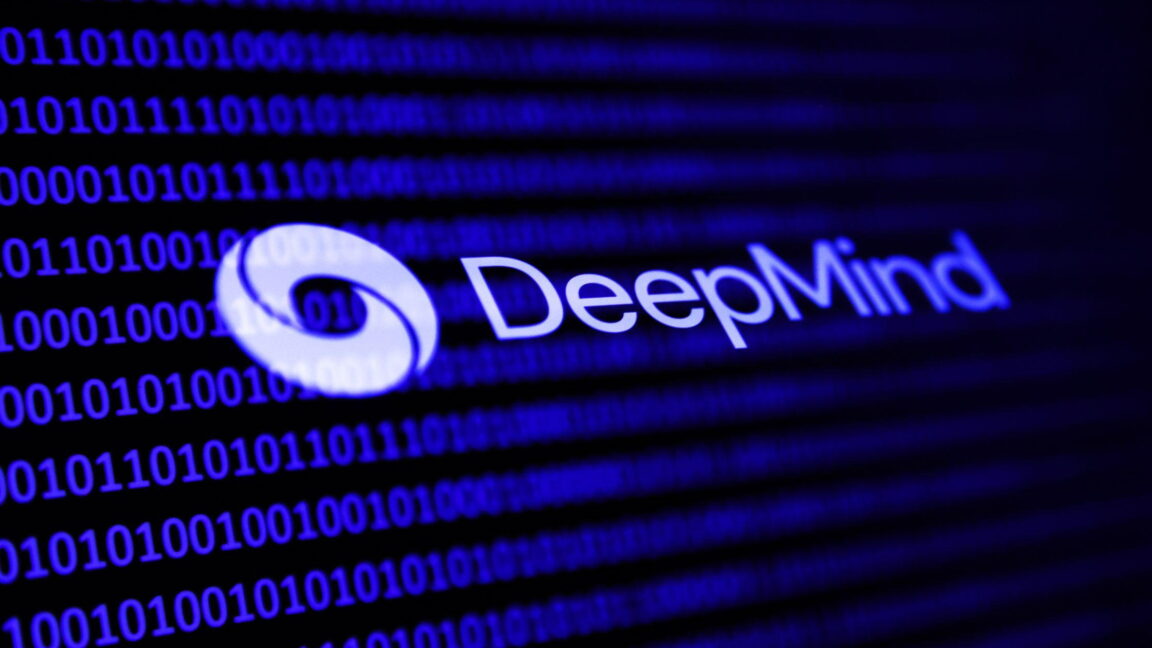Introduction to AI Chips
The potential partnership between Tesla and Intel to produce AI chips could be a game-changer in the world of artificial intelligence. According to Tesla CEO Elon Musk, these chips could be produced at just 10% of the cost of Nvidia’s chips, which is a significant development that enterprise technology leaders cannot afford to ignore.
Background on the Partnership
On November 6, 2025, Musk announced at Tesla’s annual shareholder meeting that the company is considering working with Intel to produce its fifth-generation AI chips. This partnership would signal a major strategic shift in how AI computing hardware is manufactured and distributed. Musk stated, "You know, maybe we’ll, we’ll do something with Intel… We haven’t signed any deal, but it’s probably worth having discussions with Intel." The market took this statement seriously, with Intel shares rising 4% in after-hours trading.
Strategic Context
The potential partnership between Tesla and Intel comes at an important juncture for both companies. Tesla is designing its AI5 chip to power its autonomous driving systems, but it’s facing significant supply constraints from its current partners, Taiwan’s TSMC and South Korea’s Samsung. Musk said, "Even when we extrapolate the best-case scenario for chip production from our suppliers, it’s still not enough." This supply gap has led Tesla to consider building a massive chip fabrication facility, which Musk calls a "terafab."
Cost and Performance Implications
If the partnership between Tesla and Intel materializes, it could reshape the economics of AI deployment. According to Musk, Tesla’s AI5 chip would consume approximately one-third of the power used by Nvidia’s flagship Blackwell chip and cost just 10% as much to manufacture. This could alter the economics of AI deployment and influence future technology purchasing decisions in the industry. The chip would be inexpensive, power-efficient, and optimized for Tesla’s own software.
Production Timeline and Scale
Tesla’s chip production roadmap provides a timeline for enterprise planning. A small number of AI5 units would be produced in 2026, with high-volume production possible in 2027. Musk indicated that AI6 will use the same fabrication facilities but achieve roughly twice the performance, with volume production targeted for mid-2028. The scale of Tesla’s ambitions is substantial, with the proposed "terafab" representing an expansion of domestic chip manufacturing capacity.
Implications for Enterprise Decision-Makers
Several strategic considerations emerge from the potential Tesla-Intel chip partnership:
- Supply chain resilience: The move toward domestic chip manufacturing addresses concerns about supply chain concentration in Asia.
- Cost structure changes: If Tesla achieves its stated cost targets, the competitive landscape for AI chips could shift.
- Technology sovereignty: The US government’s stake in Intel and support for domestic chip manufacturing reflect broader geopolitical considerations.
- Innovation pace: Tesla’s aggressive timeline for multiple chip generations suggests an accelerating pace of AI hardware innovation.
Broader Industry Context
Musk’s statements occur against the backdrop of US-China technology competition. Export restrictions have impacted Nvidia’s business in China, where its market share has reportedly dropped from 95% to near zero. The AI chip landscape is entering a period of flux, and organizations should maintain flexibility in their infrastructure strategy and monitor how partnerships like Tesla-Intel might reshape the competitive dynamics of AI hardware manufacturing.
Conclusion
The potential partnership between Tesla and Intel to produce AI chips could be a significant development in the world of artificial intelligence. With the potential to produce chips at just 10% of the cost of Nvidia’s chips, this partnership could alter the economics of AI deployment and influence future technology purchasing decisions in the industry. Enterprise leaders should monitor the situation closely and consider the implications for their supply chains, cost structures, and technology strategies.
FAQs
- Q: What is the potential partnership between Tesla and Intel about?
A: The potential partnership is about producing AI chips, with Tesla considering working with Intel to produce its fifth-generation AI chips. - Q: What are the potential benefits of the partnership?
A: The potential benefits include cost savings, improved supply chain resilience, and increased technology sovereignty. - Q: What is the timeline for the partnership?
A: A small number of AI5 units would be produced in 2026, with high-volume production possible in 2027. - Q: How could the partnership affect the AI chip landscape?
A: The partnership could reshape the competitive dynamics of AI hardware manufacturing and influence future technology purchasing decisions in the industry.











